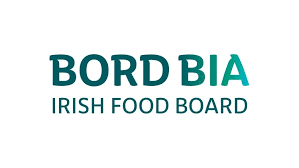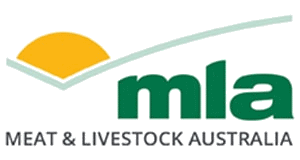Irish Cattle Trade & Prices w/e August 3rd 2024
Throughput
There were 32,858 cattle processed in DAFM approved plants during the week ending August 3rd 2024, taking throughput for the year to date to 1,038,426 head. This is a +8,731 head or 2% increase on the corresponding period in 2023 when a total of 1,029,695 cattle were processed. There have been 739,281 prime cattle processed in the first 31 weeks of 2024, a 8% decrease from the same period last year (-6,286 head). Cow throughput has remained strong with 260,065 cows processed so far this year, a notable increase of 24,890 head (+10%)
Prices
There was a weakening in the base quotes at Irish meat plants this week. In general, producers were offered a base price of €4.95/kg for steers, while the starting quote for heifers consisted mostly of €5.00/kg. The trade for young bulls was also described as steady, with prices of between €5.30/kg and €5.35/kg on-offer for R grading animals under 24 months of age.
The cow trade remains relatively steady, with well-fleshed O grading cows being offered prices of €4.40-4.60/kg, with a range of €4.70-4.80c/kg available for good quality R grading cows. A significant proportion of the cow kill have achieved a conformation score of P in recent months and the prices available for these animals vary significantly based on grade, weight and quality.
For the week ending August 3rd 2024, the average price paid by Irish beef processors for R3 decreased by 2c/kg to be €5.00/kg. This remained 28c/kg ahead the corresponding week in 2023 when the R3 steer price was €4.72/kg. Note that reported prices exclude VAT but include all bonus payments such as in-spec bonus, breed-based producer groups etc.
EU and UK prices:
Across the EU, the average reported price for R3 grading young bulls was €5.05/kg (excluding VAT) for the week ending August 3rd 2024. This is 31c higher than during Week 31 of last year when prices averaged €4.74/kg for this category.
In Britain, tighter cattle supplies and firm demand have meant deadweight beef prices have remained strong. This week the average UK R3 steer price remained the same to be €5.76/kg (equivalent to £4.91/kg).

